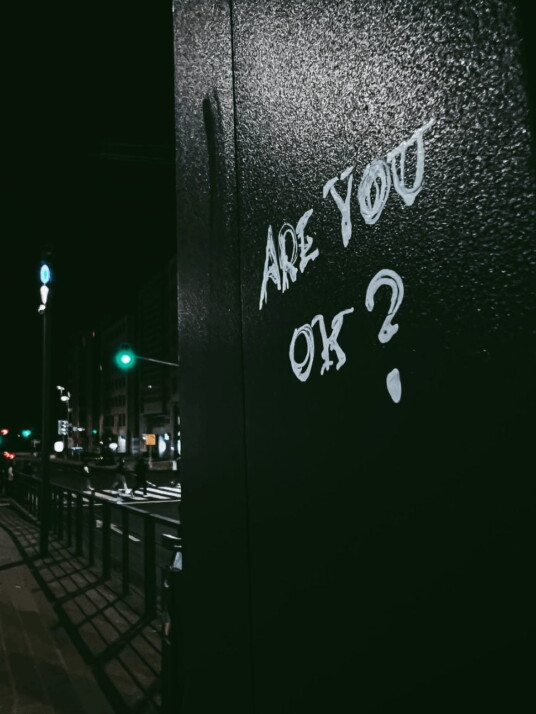The purposeful and comedic misspelling of abbreviations became popular in Boston in the late 1830s, and “OK” was born.
Okay has been described as the most commonly spoken and written phrase on earth. The term is utilized and recognized in most languages, with several adopting their spellings (such as okei in Norwegian).
Nonetheless, the two-letter spelling of “OK” has become widespread. OK is commonly borrowed into other languages. The word’s origins are contested.
Below, we will clarify the distinction and examine what the various style guides have to say about the subject. Let’s dive in!

What Does Okay Mean?
OK (variants include okay, O.K., ok, and Ok) is an English (originally American English) word that signifies approval, acceptance, agreement, consent, recognition, or indifference.
Ok, OK, and O.K. are all acceptable alternatives to the spelling Okay. OK appears approximately one-third of the time in edited text, where it is more prevalent than okay. Like the New York Times, a few media prefer O.K. even though it is not an abbreviation of anything now in use.
The term has multiple primary uses. It is equivalent to approval, passable, and good as an adjective. Okay refers to positive fair outcomes that are not as positive as they could be.
How Do You Spell Okay?
We can spell Okay as okay, O.K., or o.k. If you are writing a short story, you should spell it as okay. Otherwise, it will be regarded as misspelled. Additionally, in some areas of Australia, some teachers spell it as o’kay.
Different Ways to Use Okay
1. As a discourse marker
Okay is a response word used to indicate understanding, acceptance, or agreement with what someone is saying.
Person A: I’ll see you at 2 in the coffee shop
Person B: OK. See you later.
Person A: Why don’t you get a pedicure and manicure?
Person B: Oh, okay.
2. As an Adjective
We frequently use alright as an adjective to indicate that something is acceptable and “all fine.”
Person A: Thanks for coming out with me.
Person B: It’s OK. No problem.
Person A: Sorry to bother you.
Person B: It’s okay.
3. As an Adverb
Okay is an informal adverb that means “all right” or “neither well nor poorly.” Check out these examples:
- Even though I had never camped before or slept in a tent, sleeping bag, or canoe, I fared OK.
- The Internet was unavailable all morning, but now it appears to be okay.
Ok or Okay – Which is Correct?
Actually, “OK” and “okay” have the same meaning (unless you’re referring to the acronym for Oklahoma, of course).
They are merely alternative spellings of the same word, which, according to the dictionary, means “fine.”
Although we are accustomed to seeing “okay” as an adverb or adjective. It can also be employed as a verb to indicate consent or approval.
For example,
- “Has Beatrice okayed that payroll yet?”.
- “Has the team OK’ed the site audit report?”
- He okayed the use of fake building materials.
There are no actual semantic differences between Okay and OK. As everyone knows, both words mean “fine.” Some may believe that the two-letter abbreviation OK is a shortened version of okay. On the contrary, Okay is derived from OK.
To Wrap Up
When it comes to official writing, how do you spell okay? You can use either “okay” or “ok.” As a general rule, it is acceptable (and even preferable) to use the phrase “OK,” but verify with your style guide.
If you’re using “OK” as a verb (e.g., “OK’ed” and “OK’ing”) in the AP Stylebook, you must use “OK.” The Chicago Manual of Style states that “okay” is an equally acceptable alternative to “OK.”
Explore All Spell Check Articles
How to Improve Your Spelling As an Adult
Both native speakers and language learners find English spelling tough to master. Because English is a language that absorbs new…
How to Spell Yesterday — a Quick Spelling Guide
There are times when English can seem confusing. Many of the words in English are freely borrowed from other languages.…
Can’t Spell Review? Read This Right Away!
There are times when English spelling can appear confusing. English borrows many of its words from other languages. This Germanic…
How to Spell None — a Quick Spelling Guide
Sometimes, English spelling can seem perplexing. Many of the words in English originated in other languages. Germanic language English consists…
Having Some Issues? Correct Spelling of Issue!
English may seem confusing at times. Many of the words in English were freely borrowed from other languages. Languages such…
The Correct Way of Spelling Decide!
English spelling can sometimes seem confusing. English borrows many of its words from other languages. English, a Germanic language, consists…
